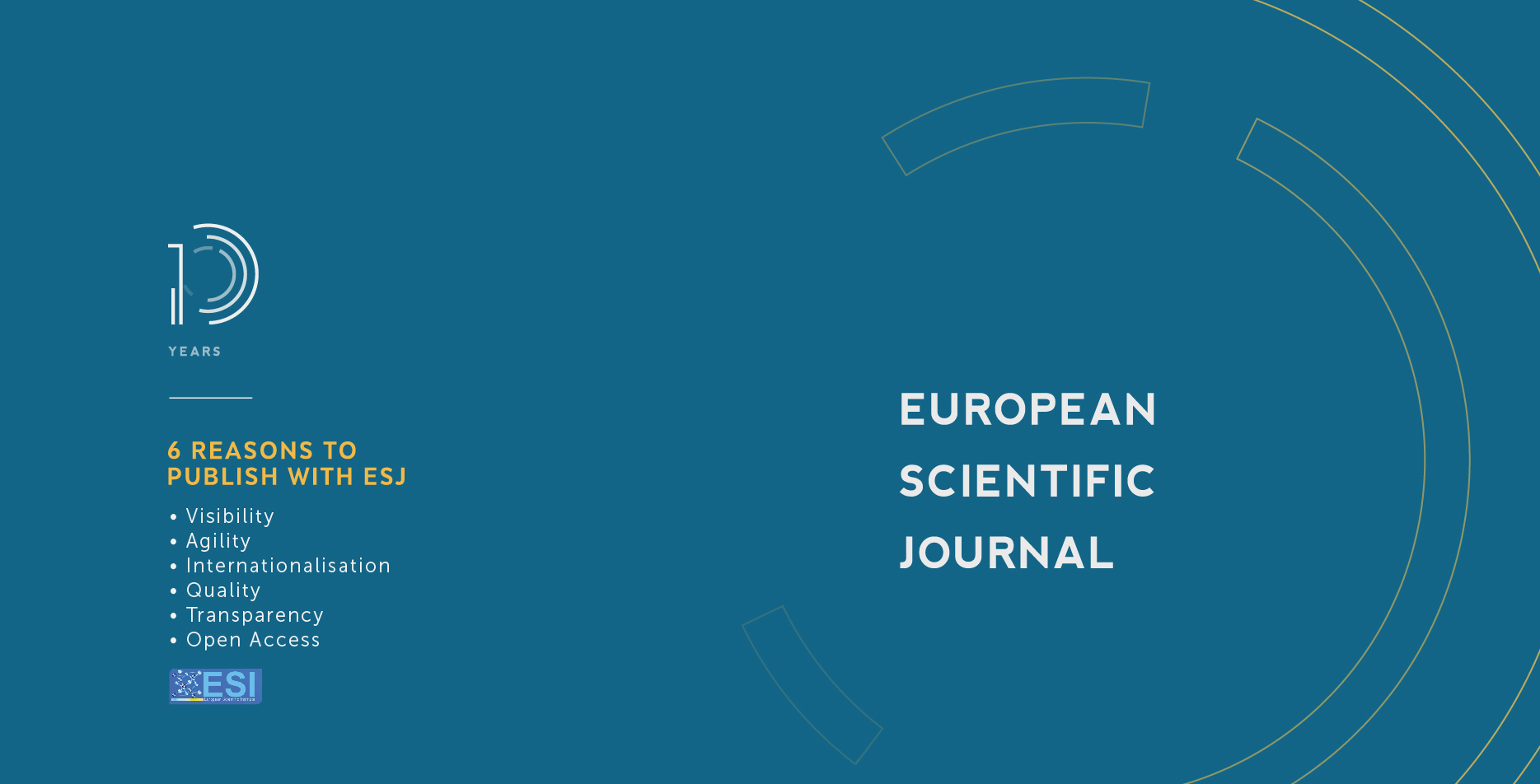Social Mobilization to Reduce Vulnerability to Adverse Impacts of Climate Change in the Niger Delta Region of Nigeria
Abstract
The extensive land-water interface (320 kilometres) between the Niger Delta and Atlantic Ocean exposes the coastal and low-lying areas to climaterelated sea-level rise. This is associated with hazardous ecological changes and unsustainable communities, compounded by social injustice, civil strife, conflicts, insecurity, and the overwhelmingly negative overall effects on health by the environmental degradation caused by petroleum oil spillages, extensive gas flaring, and frequent disastrous gas explosions. This paper focuses on reviewing the vulnerability of the Niger-Delta region to the adverse effects of climate change, and it also explored the potentials of social mobilization to change collective behaviour towards reducing the carbon footprints, build public support for low-carbon climate change policies including focus on green economy, promote ecological resilience, and build sustainable communities. In the context of climate change, the goal of social mobilization is the application of science and policy to ‘turn vulnerability to adverse impacts of climate change to resilience’. In the Niger Delta region, social mobilization can assist communities, individuals, groups, and organizations to learn, understand the causes and effects of climate change, and turn vulnerability into resilience. This can be achieved through selfreliance and participation in the planning, implementation, monitoring, and evaluation of sustainable mitigation measures and strategies for adaptation to climate change. Social mobilization enables ‘bottom-up’ informal, genderdiverse, youth-sensitive, organizational and institutional initiatives for ‘good governance’, political mobilization against social injustice, and the development of alternative forms of conflict resolution. Efficient social mobilization enables social inclusion of all stakeholders, irrespective ofsocioeconomic status, to participate in the decision-making process, and also builds skills and capacity to lead happy and healthy lives. Federal and state government policies, in the Niger Delta region, must ensure that their political agenda for mitigation measures and strategies for adaptation to climate change adopts social mobilization as an effective tool to turn ‘vulnerability to resilience’ through a multi-sectoral, multi-jurisdictional, and multidisciplinary participatory approach.
Downloads
PlumX Statistics
Copyright (c) 2020 Stephena Udinmade Ighedosa

This work is licensed under a Creative Commons Attribution-NonCommercial-NoDerivatives 4.0 International License.








